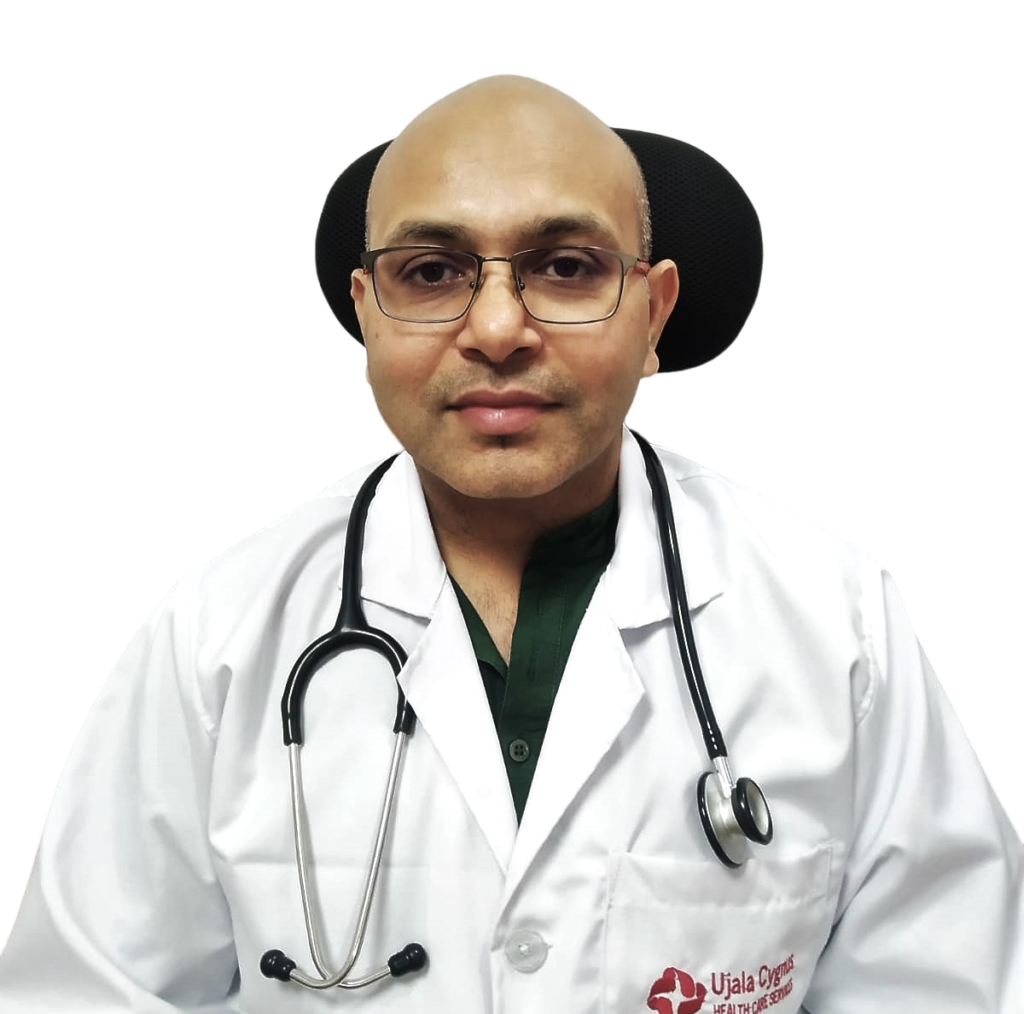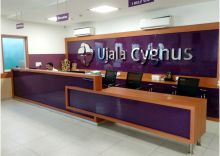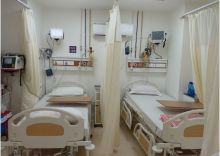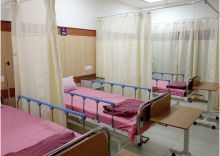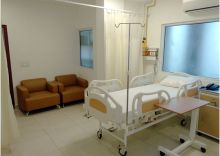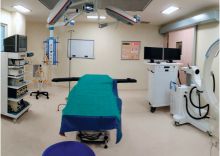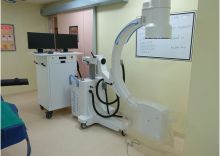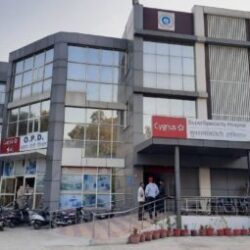Ujala Cygnus Hospital in Rewari is a reputable multi-super specialty facility certified by the National Accreditation Board for Hospital & Healthcare Providers (NABH).
Its dedication to offering the latest treatments to patients in and around Rewari has garnered immense recognition.
Notably, the hospital has a capacity exceeding 50 beds, the highest among hospitals in Rewari, successfully treating over 50,000 patients.
Committed to equitable healthcare, Ujala Cygnus provides top-notch services to all sections of society at reasonable rates, upholding high standards of ethical practice and professional competence.
It operates round-the-clock with an experienced team of doctors available 24/7. The hospital has also streamlined its procedures with Ayushman card, ESIC, ECHS, and cashless TPA facilities, resulting in faster insurance claim settlements.
Developed with a focus on patient comfort, the hospital houses modular operation theatres equipped with state-of-the-art technology, capable of handling high fragility and complex surgeries.
It has established itself as a center of excellence across multiple specialties.
To boost its digital capabilities, Ujala Cygnus has implemented a centralized hospital information system and PAX results, using entirely digital equipment in line with its environmental concerns.
These factors make it one of the best providers of quality medical services in Rewari.

